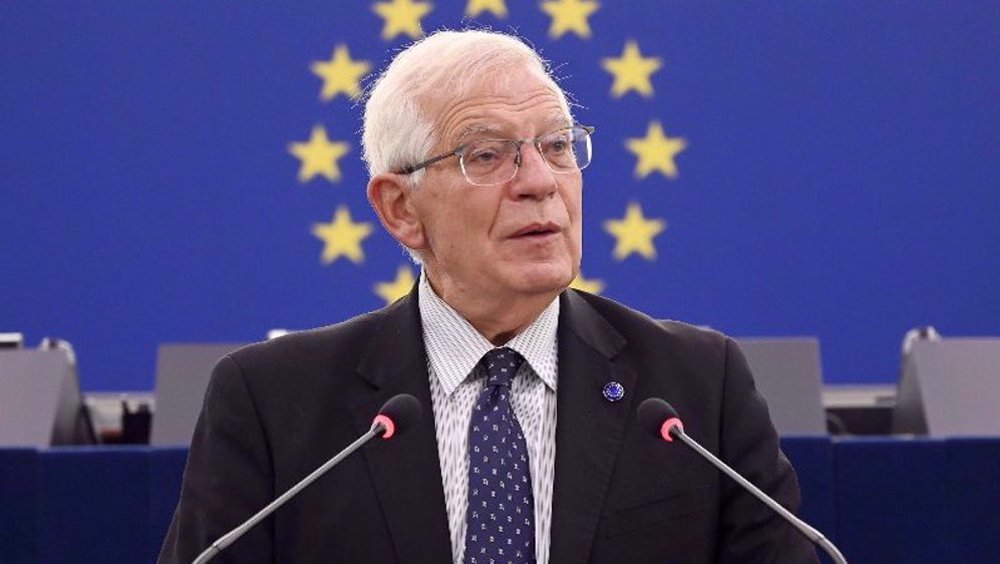EU welcomes Tsipras victory, urges reforms implementation
The European Union has welcomed the re-election of Alexis Tsipras’ left-wing Syriza party in Greece's snap elections, calling for the implementation of tough economic reforms agreed under the country’s latest bailout deal.
“The commission congratulates Alexis Tsipras for his victory," European Commission spokesman Margaritis Schinas said on Monday.
People in Greece went to the polls on Sunday in general elections to choose who should lead the country to carry out the reforms. So far, around 90 percent of the votes have been counted while the results show that the Syriza party is set to secure close to an absolute majority in Greece's 300-seat parliament.
This means that the 41-year-old politician has managed to secure his second mandate as prime minister this year and has the opportunity to push through the harsh reforms included in a third rescue package worth up to 86 billion euros (USD 97 billion).
Schinas further said the new Greek government now has “the mandate to carry out those reforms... There is a lot of work ahead and no time to lose.”
He added that Greece's international lenders - the EU, the European Central Bank and the International Monetary Fund - would meet over the next few months to conduct a review in order to grant new financial assistance under the bailout deal.
Germany’s promise of cooperation
German Chancellor Angela Merkel's spokesman also has announced Berlin’s readiness to “work closely” with Greece's new government under Tsipras, on its debt woes and on the refugee crisis.
“This offer applies both to jointly overcoming the debt crisis, and to the challenges posed by the refugee situation, for which we need common answers,” said Steffen Seibert.

Back in July, the debt-ridden Greece was forced to ink a third loans-for-reforms agreement with international creditors in order to be able to stay in the eurozone.
The country has also witnessed a huge influx of refugees this year with tens of thousands of people escaping the war in Syria and other conflicts in the Middle East and some parts of Africa.
More than 300,000 refugees have reached Greece so far in 2015, with most of them passing through to other European countries.
VIDEO | Jordanians continue rallies to denounce Israeli genocide in Gaza, Lebanon
6 Israeli soldiers commit suicide: Reports
Diplomat discourages recourse to pressure, intimidation, confrontation against Iran
UN: 2024 deadliest year for aid workers amid genocide in Gaza
Gaza health official warns of hospital shutdowns within 48 hours
Israel kills 5 more paramedics in southern Lebanon: Health ministry
Iran to launch ‘new, advanced’ centrifuges in response to IAEA resolution: AEOI
Yemen fires hypersonic missile at Israeli airbase










 This makes it easy to access the Press TV website
This makes it easy to access the Press TV website